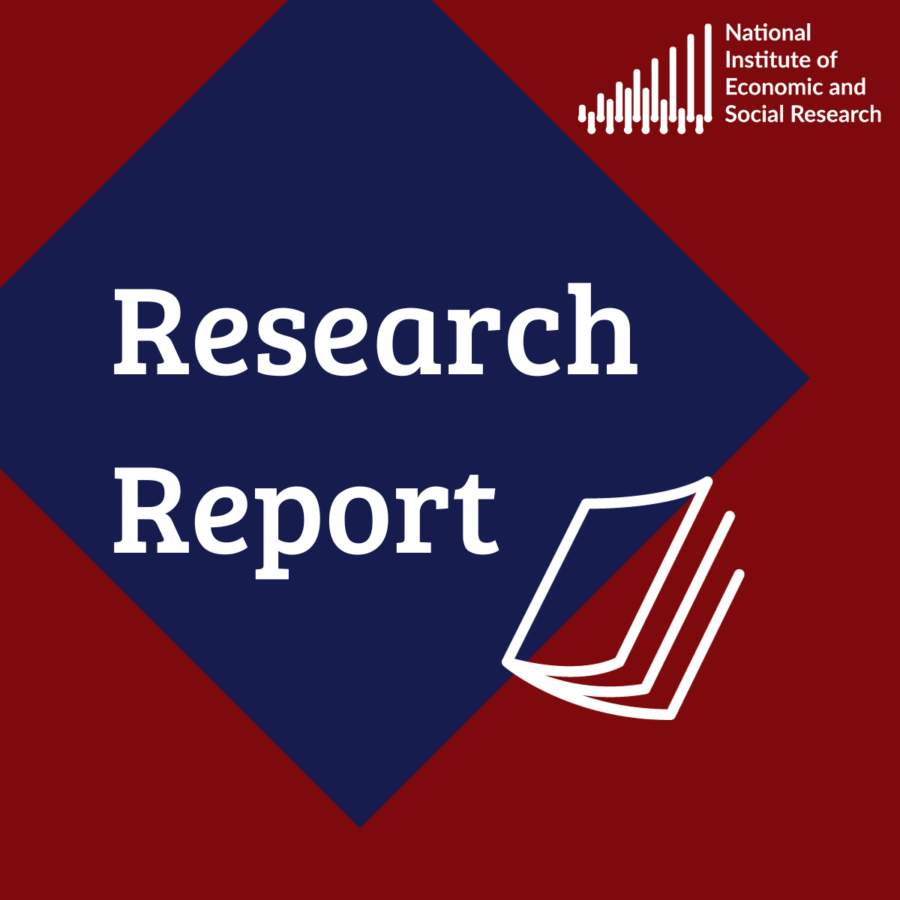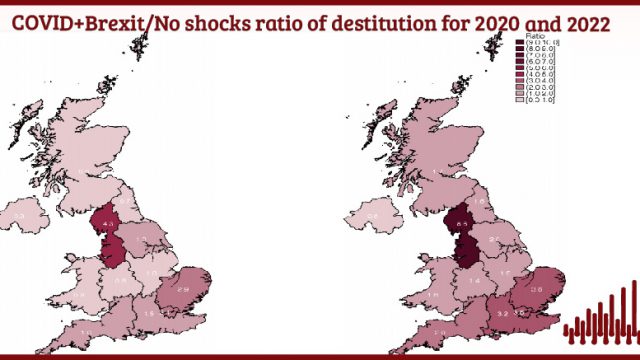- Home
- Publications
- Evidence To Scottish Parliament By Dr Angus Armstrong, April 2015
Evidence to Scottish Parliament by Dr Angus Armstrong, April 2015
 Pub. Date
Pub. Date
 Pub. Type
Pub. Type

Downloads
Scottish Parliament Evidence April_AAAuthors
Related Themes
Productivity, Trade, and Regional EconomiesThe National Institute of Economic and Social Research (NIESR) continues to put public debt at the centre of its analysis on the constitutional options for devolving further powers within the UK. This was at the heart of our analysis of Scotland’s currency options. We are concerned that the Smith Commission, the Treasury and emerging proposals for ‘Full Fiscal Autonomy’ (FFA) or ‘Full Financial Responsibility’ underestimate the importance of Scotland’s borrowing capacity and the misalignment of incentives in the tiers of UK government.
We fully support First Minister’s desire for responsible and accountable government. History suggests that successful constitutional change follows from aligning responsibility with liability. In particular, failure to align fiscal powers with full responsibility for borrowing in a clear and transparent manner within a sovereign state leads to over borrowing and irresponsible government. In our view, constitutional changes are best introduced after a clear and hard headed discussion of the full economic and borrowing consequences. The current state of the euro zone is an example of a politically process which ignored the warnings of economists over clear shortcomings in the institutional framework.¹
NIESR has argued that as more fiscal revenue powers are devolved to Scotland, it should be free to borrow but only under its own name from the capital markets. Only then will Scottish taxpayers be able to judge the benefit and the true cost of Scottish government policies. If the UK were to agree to FFA for Scotland this would represent an extreme form of devolution and require a number additional measures by the UK to credibly commit to no future bail-out. This note considers some of these measures. Those who say they are in favour of responsible and accountable government ought to welcome these measures as necessary conditions.
¹For example, see Garber (1999)
Related Blog Posts

Exploring the Data on UK Productivity Performance
Issam Samiri
Stephen Millard
11 Dec 2023
4 min read

UK Investment Past and Prospects: A Framework for Analysis
Catherine Mann
01 Dec 2023
6 min read


Where Are We With Regional Inequalities in the UK?
Adrian Pabst
Jagjit S. Chadha
01 Nov 2023
5 min read
Related Projects
Related News


Related Publications


Productivity and Investment: Time to Manage the Project of Renewal
12 Mar 2024
UK Productivity Commission

Pay-Setting Among Employers in the Agriculture, Cleaning, Hospitality and Retail Sectors
11 Mar 2024
Research Report

Related events

Investing for Growth: boosting productivity through higher public and private investment

The Outlook for the Welsh Economy

Prais Lecture with Chris Pissarides: The Future of Work and Wellbeing

A View and Prospects for British Investment

How Can We Raise Investment?

Productivity Commission Evidence Session: Examining the Role of International Investment

High Dimensional Forecasting and its Pitfalls – M. Hashem Pesaran

Finance and Growth Workshop







